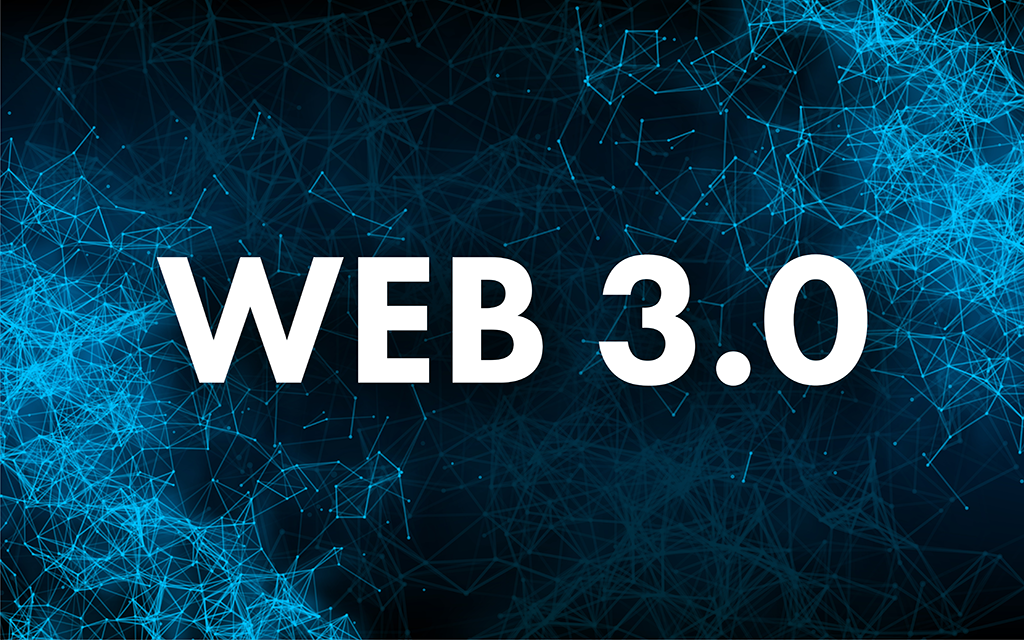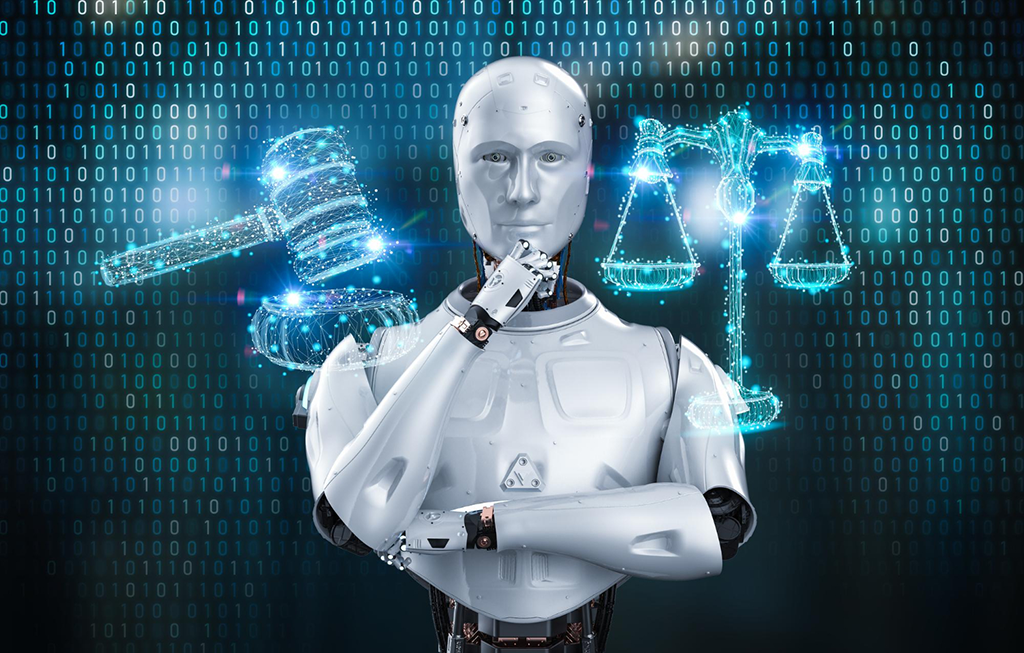
Web 1.0 and 2.0 marked significant milestones in the evolution of the Internet. Web 1.0, emerged in the 1990s, was an era of static content and limited interaction. Users mainly consumed information on websites that offered one-way content. However, with the advent of Web 2.0 in the 2000s, the Internet transformed into a more dynamic and participatory space. Social media platforms, blogs, and wikis allowed users to actively create, share, and discuss content, marking the emergence of the so-called “Social Web.” Interactivity became the heart of the online experience, democratizing content creation and distribution.
Web 3.0 represents a new era in the evolution of the Internet, characterized by decentralization and enhanced security. Technologies such as blockchain, smart contracts, and decentralized artificial intelligence are paving the way for a more transparent and censorship-resistant digital ecosystem. In Web 3.0, users have greater control over their personal data and online transactions, thanks to the removal of centralized intermediaries. This new phase of the web promises a future where trust and security are paramount, enabling greater autonomy and freedom in the digital world.
Key Characteristics of Web 3.0
Decentralization: Decentralization is one of the fundamental pillars of Web 3.0. Instead of relying on centralized servers, this new phase of the web is based on technologies like blockchain and distributed computing to create decentralized networks. This means that information and online services are distributed among multiple nodes instead of being controlled by a single entity, increasing resistance to censorship and manipulation.
Enhanced Security: Web 3.0 prioritizes security by implementing advanced cryptographic techniques and other protective measures to ensure the integrity and confidentiality of online transactions. These advanced technologies strengthen the security of decentralized networks, reducing vulnerability to malicious attacks and providing a more reliable digital environment for users.
Data Ownership: By using decentralized data ownership systems, users can determine how their data is used and shared, and directly benefit from its use, without being subject to data collection and exploitation practices without consent. This autonomy strengthens privacy and digital sovereignty of individuals in the online landscape.
Interoperability: Web 3.0 allows different systems and applications to interact with each other seamlessly. Thanks to open standards and interoperable protocols, users can access and use a wide range of services and applications without being limited by closed or proprietary platforms. This fosters innovation and collaboration in the development of decentralized applications.
Transparency: Due to the public and auditable nature of underlying technologies like blockchain, online processes and transactions become more transparent and verifiable. This promotes trust among users and stakeholders, as they can easily verify the integrity of data and transactions on the network.
Potential Applications of Web 3.0
Decentralized Finance (DeFi): Through the use of smart contracts on blockchain, DeFi enables the creation and access to a wide range of financial services such as loans, exchanges, and interest generation, without the need for traditional intermediaries. This democratizes access to financial services and increases efficiency by eliminating costly intermediaries.
Decentralized Digital Identity: Web 3.0 offers the opportunity to create decentralized and autonomous digital identity systems. These systems allow users to have greater control over their online identity, eliminating the need to rely on centralized intermediaries for identity verification. This can have applications in areas such as digital identity management, access to government services, and e-commerce.
Decentralized Marketplaces: Web 3.0 facilitates the creation of decentralized marketplaces where users can exchange goods and services directly and securely, without the intervention of intermediaries. These markets, built on blockchain and using smart contracts, can span a wide range of sectors, from e-commerce to renewable energy trading.
Decentralized Governance: Through the use of technologies like blockchain voting and consensus mechanisms, communities can make decisions democratically and transparently, without depending on centralized power structures.
Ownership of Digital Assets: Web 3.0 enables the tokenization of digital assets, meaning that assets can be represented and traded in the form of tokens on blockchain. This opens up new investment and financing opportunities, as well as the possibility of creating more liquid and accessible markets for a wide range of assets, such as real estate, artwork, and copyrights.
Challenges of Web 3.0
The widespread implementation of Web 3.0 faces significant challenges. Scalability of underlying technologies like blockchain is a key obstacle, as they currently struggle to handle large volumes of transactions required for high-performance applications. Furthermore, interoperability among different blockchains and decentralized systems remains a major challenge, as the lack of common standards hinders efficient communication between platforms. These challenges, along with the need for greater mass adoption and evolving regulatory complexity, require collaborative efforts to ensure the sustainable and equitable development of Web 3.0.
The current state of Web 3.0 presents a constantly evolving landscape, with growing adoption and development of decentralized technologies like blockchain and smart contracts. While it still faces significant challenges such as scalability and interoperability, there is increasing interest and commitment from both industry and the general community to overcome these obstacles. It is anticipated that in the coming years, Web 3.0 will continue to mature and expand, driving innovation across a wide range of sectors. With the development of scalable solutions and improvements in usability, Web 3.0 is likely to become an integral component of the global digital infrastructure, offering a more decentralized, secure, and transparent future for the Internet and society at large.
QualitApps, a company specializing in blockchain development, is here to provide you with the advice and solutions necessary to make the most of the opportunities of Web 3.0.





